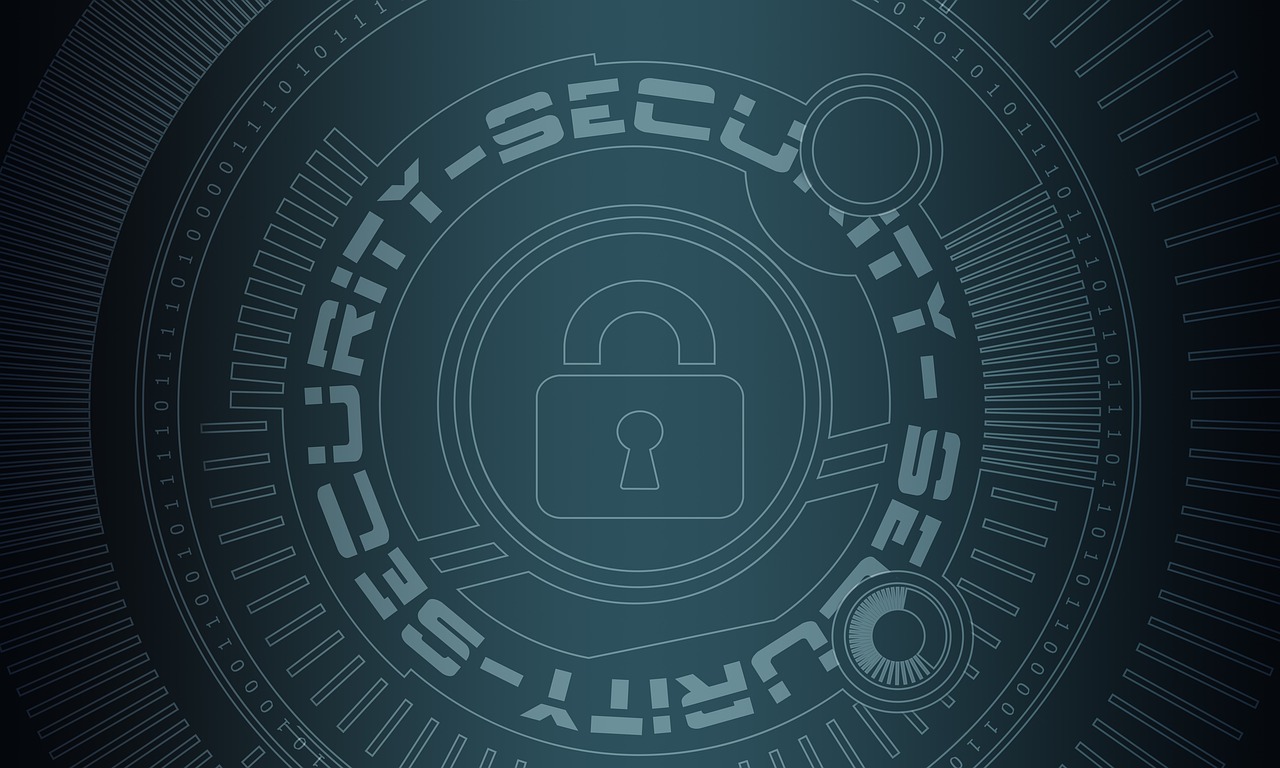8 security best practices for your small to medium-size business

While it’s great that businesses are more connected and technological than ever before, this done come with some downsides. One of the largest downsides of this revolution in the business world is the added security risk. Data breaches and hacks have become much more prevalent in recent years, and can cost companies their reputation and potentially a lot of money.
While many small businesses think they are safe from these attacks or would never be targeted, that isn’t actually the case. Small businesses are among the most common victims of these attacks, and many companies will actually fail within mere months after a data breach. Recuperating after a data breach can be incredibly tough for smaller and medium-sized businesses.
With all of that in mind, this blog post is going to look at 8 of the best security practices for small and medium-sized businesses.
Educate your employees about risk aversion
You can have the best security practices in place, but if your employees don’t abide by them, your company is still at risk. As a result, you need to be sure to educate your employees about security best practices and ensure they understand. Also, make sure you tell them the things to look out for and how to minimize risk.
In addition to telling employees what to watch out for, be sure to have your overall policies in writing. Employees should have access to your policies regarding security to ensure they don’t forget or miss anything. If it is all simply done via word of mouth, a lot of potential confusion can arise.
Enforce strong password policies
It may seem pretty obvious that companies to enforce the use of strong passwords, but this isn’t often the case. In fact, most people still use fairly weak or common passwords. These can be easily figured out and accounts/information can be compromise. A simple weak password could spell the end of your company.
Because of this, make sure that everyone uses strong passwords, and changes them every few months. So what exactly is a strong password? A strong password should be relatively long and full of letters, numbers and symbols. Also, it should not be related to the company or the employee themselves.
Consider working with professionals

While many companies are capable of creating their own cyber security policy and training, some might not be well-equipped enough. This can be a problem as the security of your data and sensitive information is incredibly important. If you feel your company may struggle to incorporate a policy or train employees, you should consider working with professionals.
There are cybersecurity companies out there (such as Alpine Security) that can help with your cybersecurity needs. In addition to helping you come up with an appropriate policy or training, many of these companies can actually handle your cyber security for you. They may offer auditing services, incident response and more. These services are sure to give you peace of mind knowing you have experts with experience in the space watching your back.
Utilize access control
No matter the type of company you have, there is a good chance that you hold some sensitive information or private data about your customers. This needs to be protected at all costs. While outside hacks do occur, it is often human error or other preventable mistakes that leads to many data breaches. As a result, you should try and limit the amount of people that have access to this sensitive information.
The more people that have access, the more that can go wrong. Only those who actually need the information or data to do their jobs should have access to it. You can restrict access by role, by seniority or a variety of other ways. Certain software can even make it easy to manage and monitor who has access to what information.
Use anti-malware and anti-virus software
While you can teach your employees about safe browsing, safe email etiquette and more, they don’t always listen. Phishing and other types of scams are becoming more buttoned up and it is easier than ever to fall for them. As a result, you need to be sure to have an extra layer of protection for your company.
There are a variety of different anti-virus and anti-malware software out there that you should look into using. These should be installed and updated regularly to ensure you are always protected. You may never actually need to use these pieces of software, it is better to have them and not need them, than to not have them and need them.
Make sure to consistently back up data
Preventing attacks is important, but they are not the only potential threat to your cybersecurity. Things like machine failure, power outages, natural disasters and other incidents can potentially cause you to lose or leak all of your important information. Because of these issues and many others you may encounter, it’s a good idea to regularly back up your data.
This will ensure that if something disastrous ever happens, you won’t lose everything. You can manually back up by using an external hard drive, but most people will often opt to automatically back up using a cloud-based solution. You should back up things like files, records, spreadsheets, financials and more.
Have firewalls in place
A firewall is something that every company of any size should have in their cybersecurity arsenal. A firewall will monitor and manage all incoming and outgoing traffic within your network. It is a barrier that can keep unwanted guests from accessing your network and potentially causing trouble.
You can use both an internal and external firewall, if you want an added layer of protection as well. Also, if you ever work from home, it is a good idea to utilize a firewall to ensure everything there is safe as well. Without using a firewall, there is no barrier between your network and data thieves so be careful.
Keep policies updated and current
Cybersecurity is a space that is always undergoing a lot of changes. There are new threats constantly and software are always updating to keep up with the threats. And you can be sure that hackers and other cybercriminals are looking for new ways to get past those new updates.
Because of this constant battle, it is a good idea to update and re-examine the cybersecurity policies that you have in place If not, you could be using outdated methods or software, which could leave you vulnerable to attacks.
In conclusion, hopefully this article has helped you learn about some of the best security practices for businesses. By implementing or adopting these practices, you will help foster and create a more secure business environment.